A Sky Full Of Stars: The Top Dark Sky Park Destinations in the United States
- Bretton Lakes
- Jun 28, 2023
- 5 min read
Updated: Nov 13, 2024
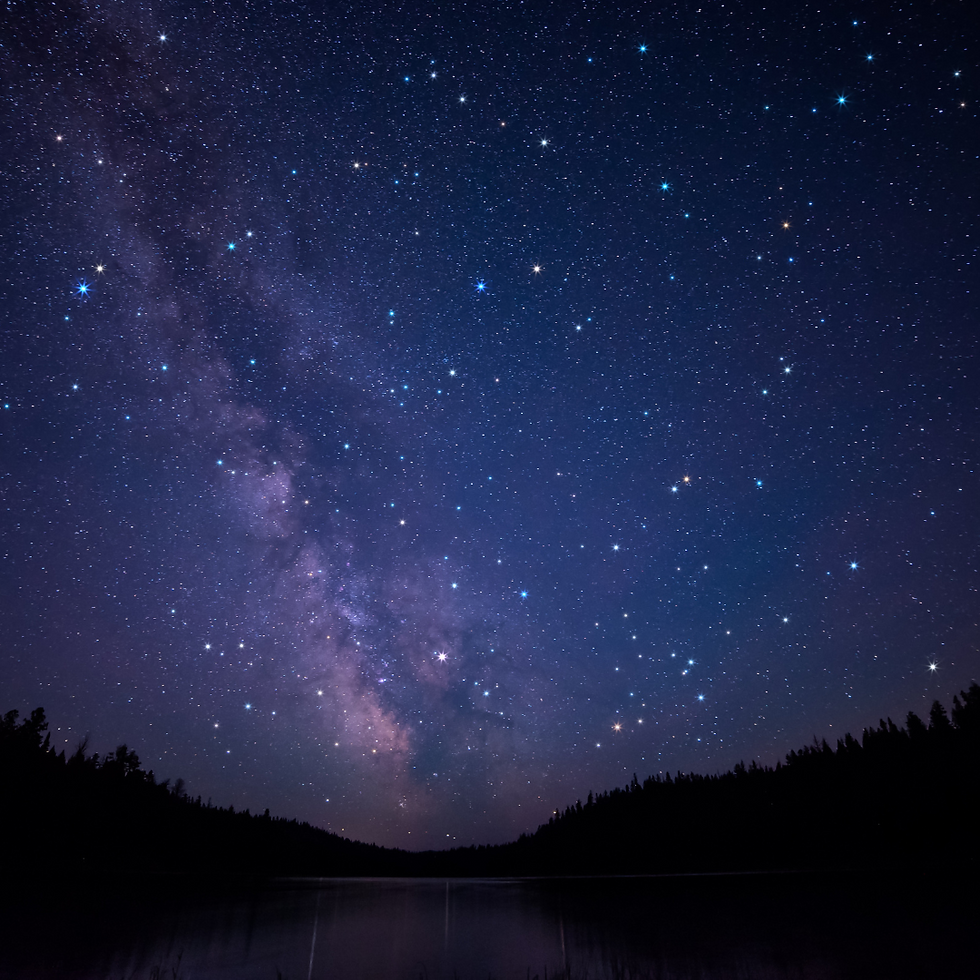
Introduction: Best Dark Sky Parks in The U.S.
Gazing at the night sky has always fascinated humans, and in the United States, there are numerous locations where one can truly appreciate the wonders of the universe. These dark parks, far away from city lights and light pollution, offer unparalleled opportunities to witness the brilliance of stars, galaxies, and celestial phenomena. In this blog post, we will delve into the best dark parks in the United States, where stargazers and astrophotographers can immerse themselves in the beauty of the night sky.
Top Dark Sky Park Destinations:
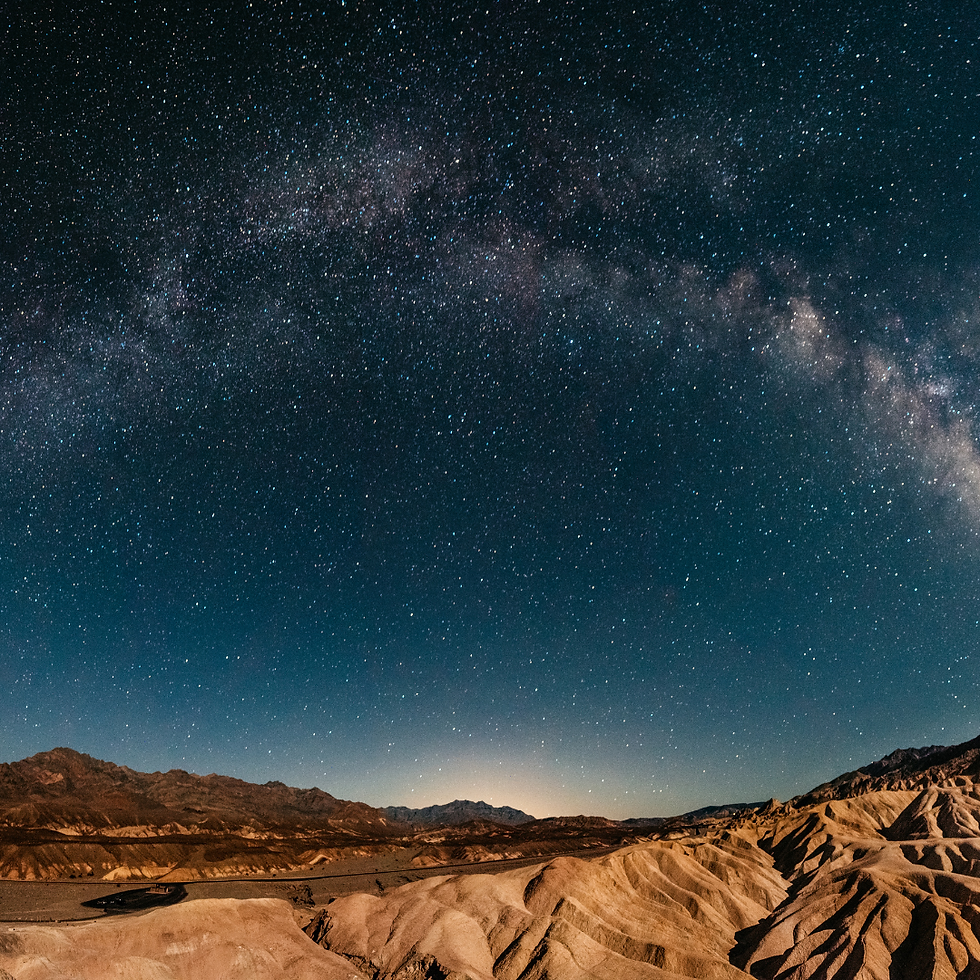
Death Valley National Park, California:
Located in California, Death Valley National Park is not only known for its stunning landscapes but also for its remarkable night sky. Designated as a Dark Sky Park, it boasts some of the darkest skies in the United States. From the Mesquite Flat Sand Dunes to Zabriskie Point, Death Valley offers unique locations for stargazing and astrophotography. The absence of light pollution allows visitors to witness the Milky Way in all its glory, along with mesmerizing meteor showers and occasional glimpses of the Northern Lights.
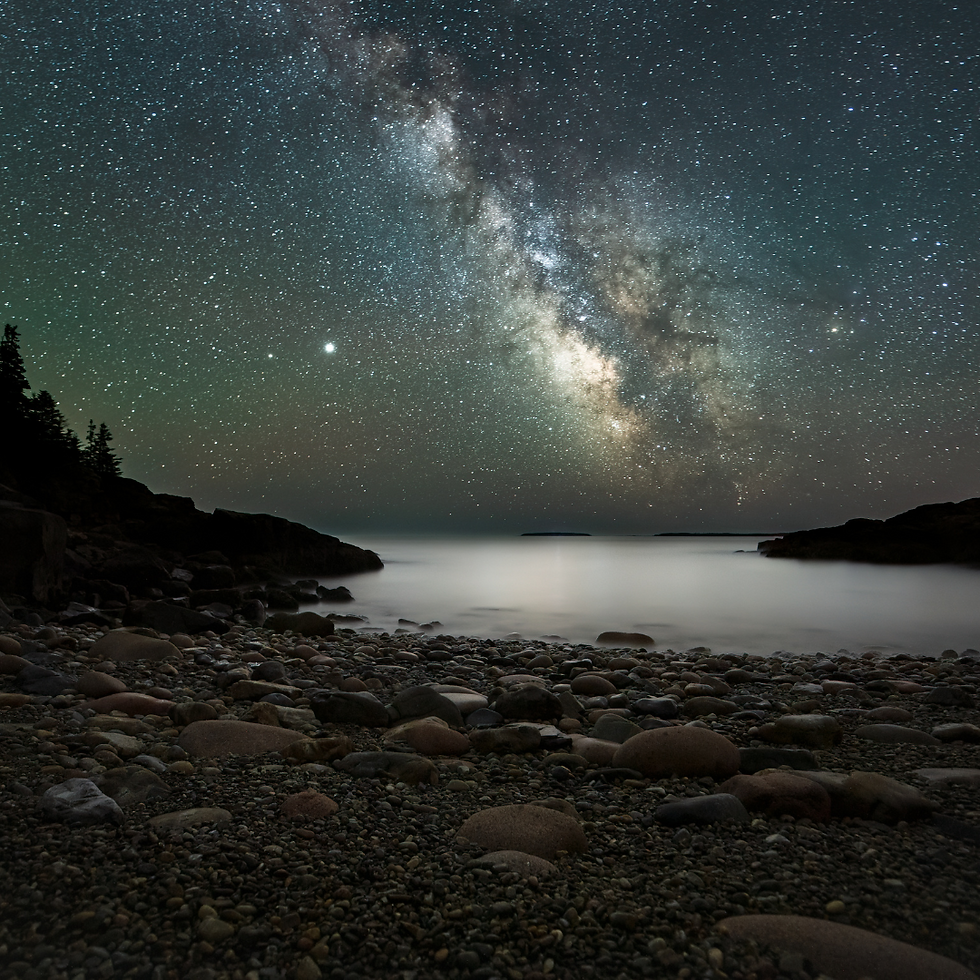
Acadia National Park, Maine:
On the opposite coast, Acadia National Park in Maine presents another outstanding opportunity for night sky enthusiasts. With its rocky coastlines, pristine lakes, and dense forests, Acadia offers a diverse range of landscapes for stargazing. The park's remote location ensures minimal light pollution, and during clear nights, the stars paint the sky with their brilliance. Cadillac Mountain is a popular spot within the park, offering panoramic views and incredible stargazing experiences.

Big Bend National Park, Texas:
Big Bend National Park in Texas is a vast and remote desert wilderness that embraces the beauty of the night sky. Its vast expanses, rugged canyons, and towering mountains create an awe-inspiring backdrop for stargazers. The park's low population density and minimal light pollution make it an ideal destination for those seeking celestial wonders. Visitors can participate in night sky programs led by park rangers or explore on their own, witnessing the stunning Milky Way arching overhead.
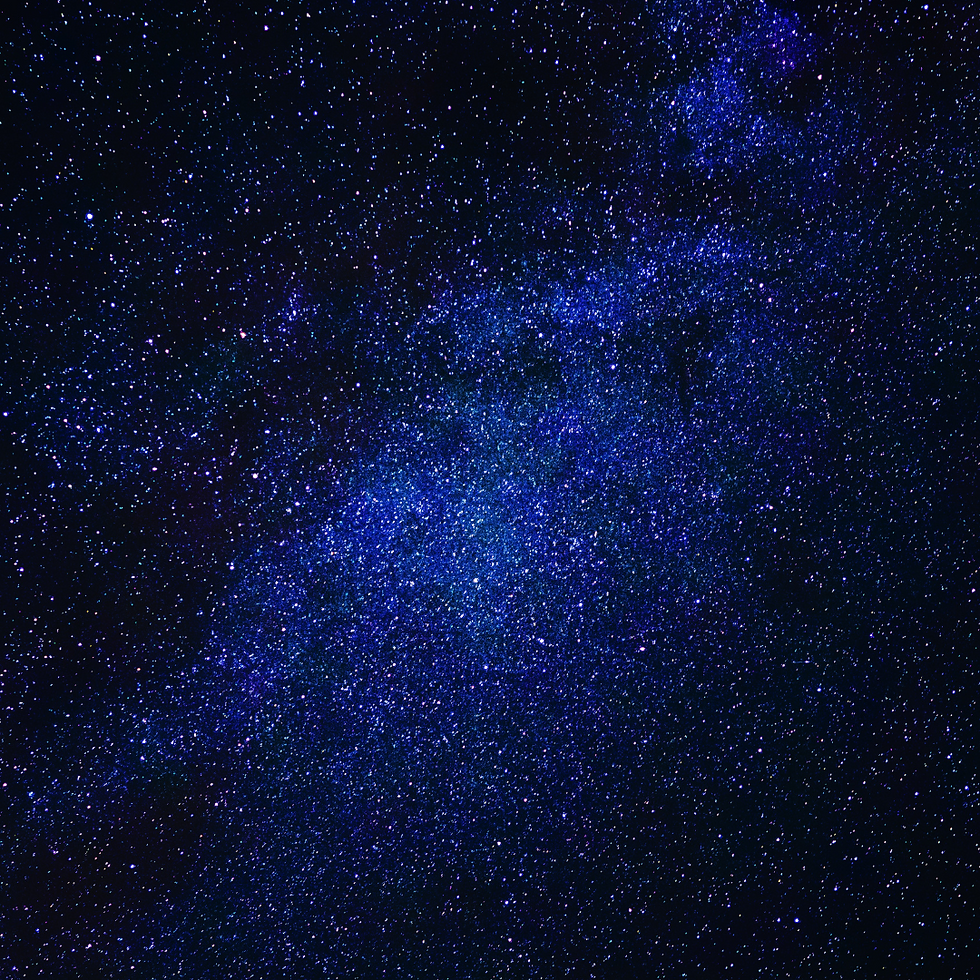
Cape Lookout National Seashore, North Carolina:
Located on the southernmost tip of the Outer Banks in North Carolina, Cape Lookout National Seashore offers not only pristine beaches and abundant wildlife but also a unique opportunity for stargazing. With its remote location and minimal light pollution, the park provides an ideal setting to explore the wonders of the night sky. Visitors can venture to the Cape Lookout Lighthouse, an iconic landmark, where they can witness breathtaking views of the stars and the Atlantic Ocean. The combination of the dark skies, the rhythmic sound of crashing waves, and the coastal ambiance creates a truly enchanting stargazing experience.
Cherry Springs State Park, Pennsylvania:
Located in rural Pennsylvania, Cherry Springs State Park is renowned for its exceptionally dark skies and is designated as a Gold Level International Dark Sky Park. The park's elevation, combined with its remote location, provides an excellent opportunity for stargazing. Visitors can participate in astronomy programs or simply lay back and admire the countless stars visible to the naked eye. During peak seasons, the park even hosts stargazing events, drawing in astrophotographers and amateur astronomers from around the country.
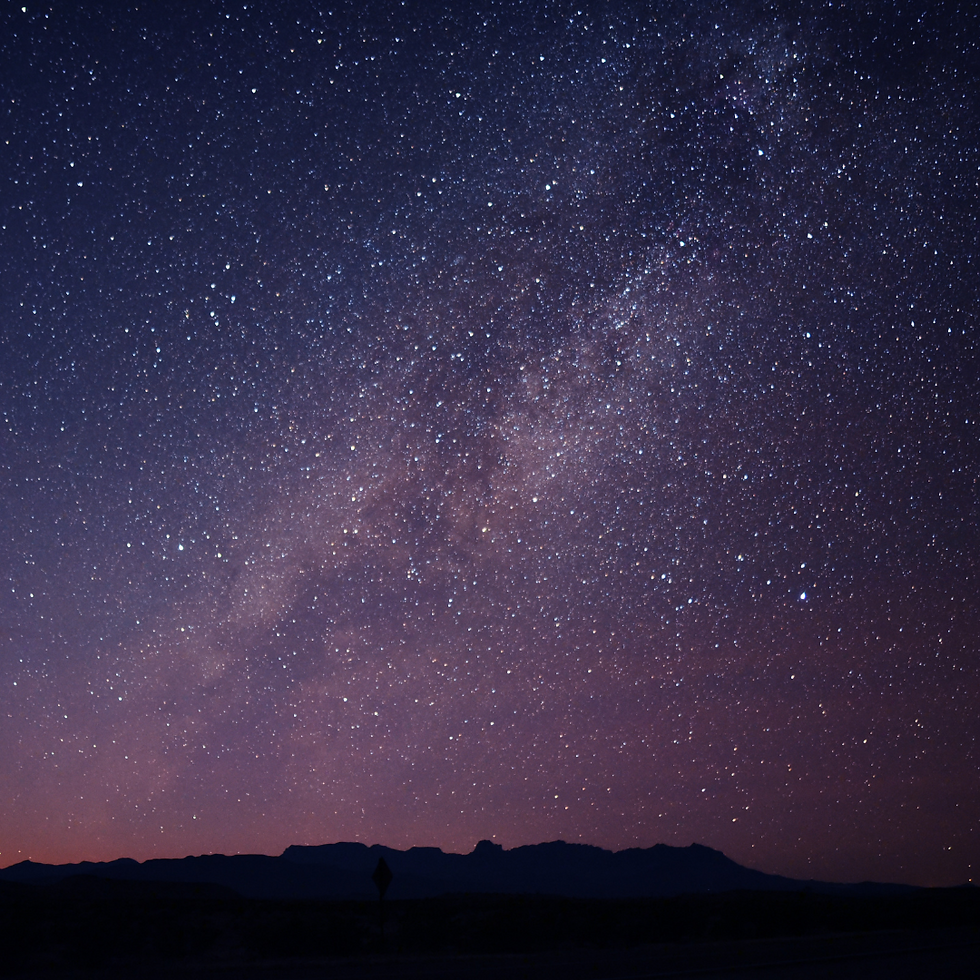
Great Basin National Park, Nevada:
Nestled in the heart of the Nevada desert, Great Basin National Park is home to some of the darkest skies in the United States. Its remote location and high elevation make it an exceptional destination for stargazing. The park offers various stargazing programs and events throughout the year, including telescope viewings and educational presentations. Visitors can explore the park's ancient bristlecone pine forests during the day and marvel at the breathtaking night sky filled with stars, planets, and celestial wonders.
Natural Bridges National Monument, Utah:
In the desert landscapes of southeastern Utah, Natural Bridges National Monument stands as an impressive testament to nature's artistry. Recognized as an International Dark Sky Park, it offers visitors a chance to experience the beauty of the night sky in a unique setting. The park's three natural stone bridges, sculpted by wind and water over millennia, create a picturesque backdrop for stargazing. The absence of light pollution allows for excellent visibility, making it an ideal spot for astrophotography and celestial observation.
Headlands International Dark Sky Park, Michigan:
Nestled along the shores of Lake Michigan, Headlands International Dark Sky Park in Michigan is a haven for stargazers and astronomy enthusiasts. It holds the distinction of being one of the first designated International Dark Sky Parks in the United States. The park's expansive coastline, pristine forests, and rolling dunes provide a tranquil setting for observing the night sky. Visitors can attend astronomy programs, stargazing events, and telescope viewings organized by park staff, or simply find a quiet spot to marvel at the starry expanse above.
Joshua Tree National Park, California:
Joshua Tree National Park, situated in Southern California, is not only known for its unique desert landscapes but also for its exceptional stargazing opportunities. The park's vast expanse and remote location create a perfect environment for witnessing the wonders of the night sky. Visitors can explore various viewpoints, such as Keys View, to take in panoramic vistas and breathtaking celestial displays. With its distinctive Joshua trees silhouetted against the starry backdrop, Joshua Tree National Park offers a captivating stargazing experience.
Custer State Park, South Dakota:
Custer State Park in South Dakota is a hidden gem for stargazers seeking solitude and remarkable night sky views. The park's expansive grasslands, tranquil lakes, and rolling hills provide a picturesque setting away from city lights. Visitors can enjoy stargazing from numerous vantage points throughout the park or participate in stargazing events and astronomy programs organized by the park rangers. From witnessing the Milky Way arch overhead to catching a glimpse of meteor showers, Custer State Park offers an enchanting nocturnal experience.
Blue Ridge Observatory and Star Park, North Carolina:
Nestled in the heart of the Blue Ridge Mountains in North Carolina, the Blue Ridge Observatory and Star Park is a dedicated space for astronomy enthusiasts. The park boasts pristine dark skies, making it an ideal location for stargazing and celestial observation. Equipped with state-of-the-art telescopes, visitors can explore the wonders of the universe under the guidance of knowledgeable astronomers. The park offers public observation nights, workshops, and educational programs, providing an immersive experience for individuals of all ages interested in exploring the mysteries of the night sky.
Final Thoughts:
The United States is blessed with a multitude of dark parks, where individuals can escape the glow of city lights and connect with the cosmos. Whether you prefer the rugged desert landscapes of Death Valley, the rocky coastlines of Acadia, the vastness of Big Bend, or the secluded beauty of Cherry Springs, each dark park offers a unique experience for stargazers and astrophotographers.
These parks provide an opportunity to witness astronomical events such as meteor showers, the Milky Way, and even rare occurrences like the Northern Lights. They offer a chance to contemplate our place in the universe, connecting us to the vastness of space and igniting a sense of wonder.
Remember, when visiting dark parks, it's important to respect the natural environment and preserve the darkness for future generations. Follow park regulations, minimize the use of artificial lights, and be mindful of your surroundings.
Comentarios